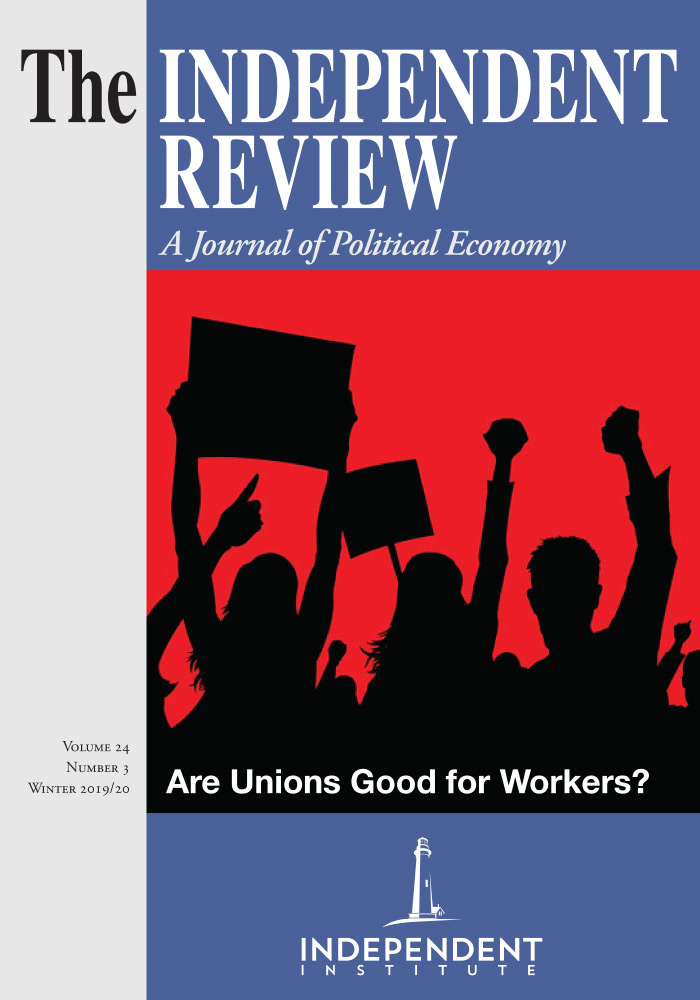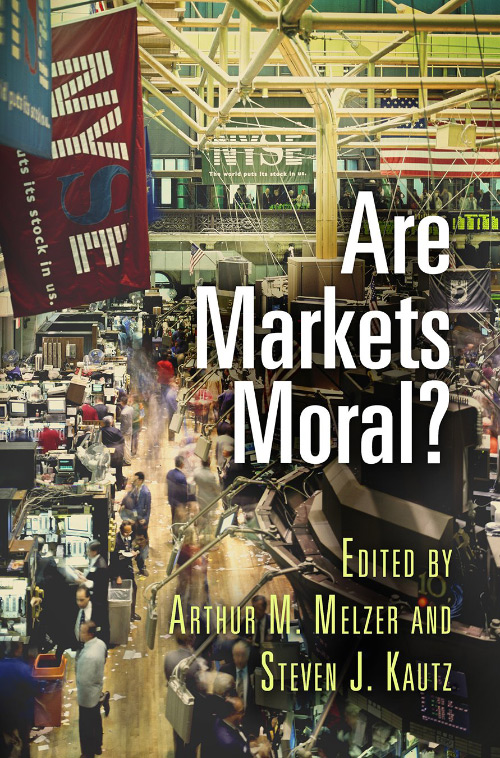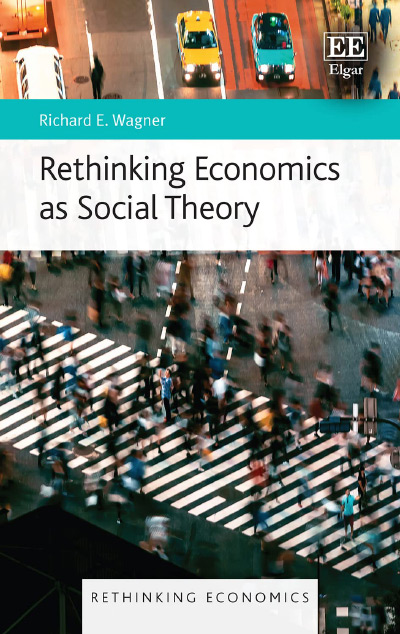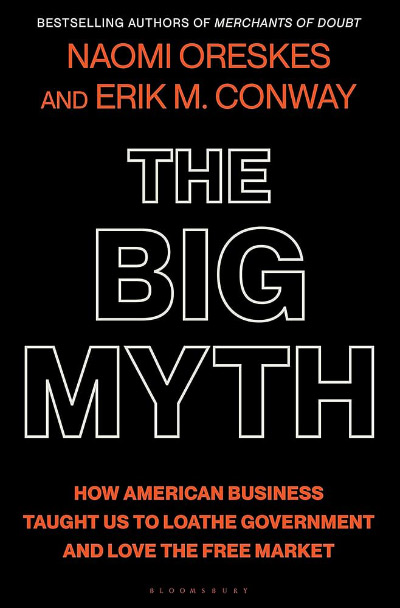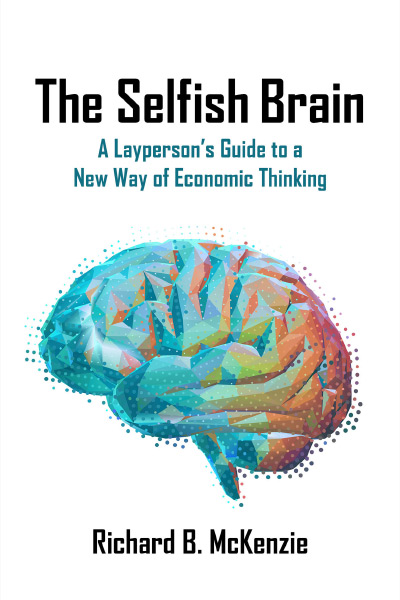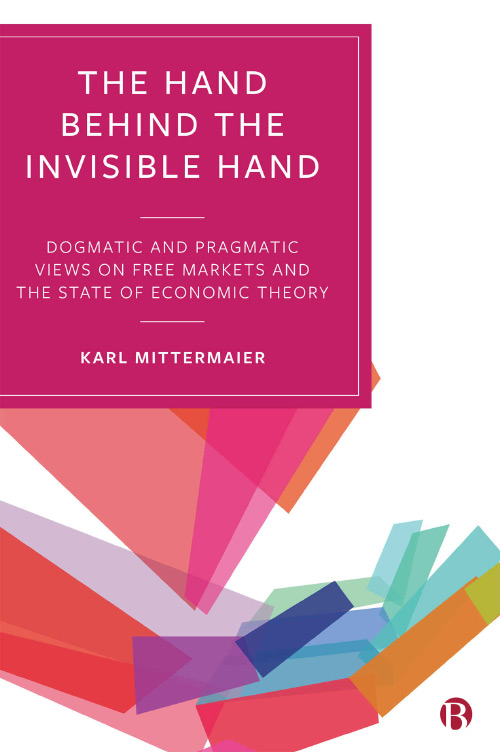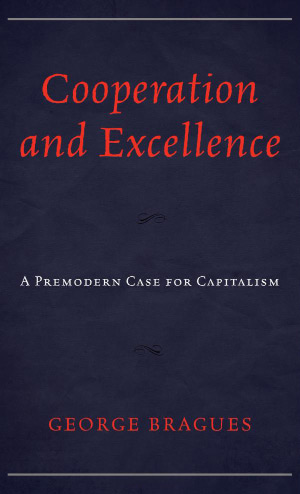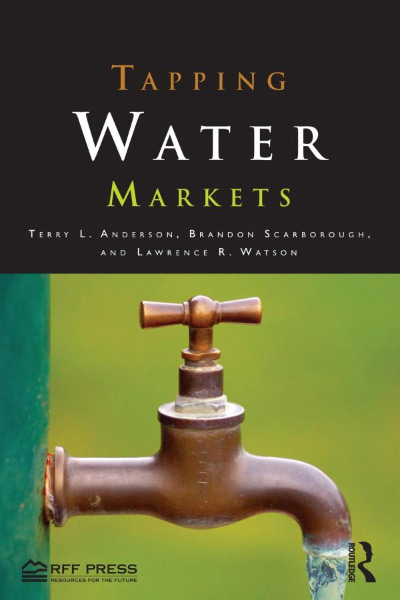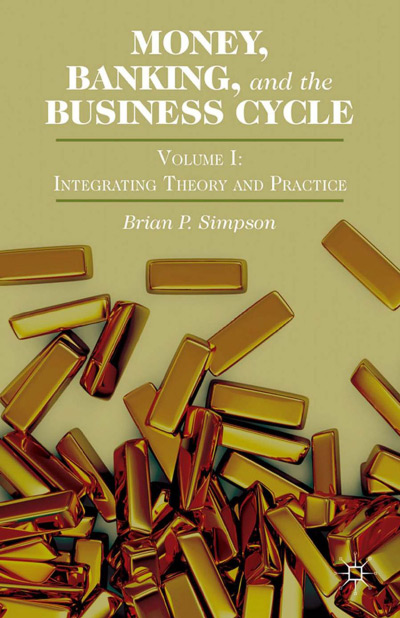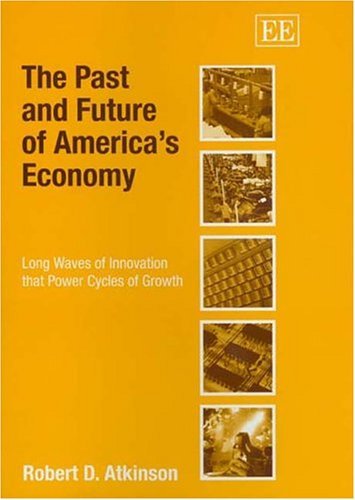Today, very few doubt the ability of capitalism and the market to bring about economic prosperity. But as our societies became more prosperous, people noticed what they identified as instances of unbridled greed on Wall Street, the collapse of the family and community, and a breakdown of traditional social norms and values. Arthur M. Melzer and Steven J. Kautz’s timely and essential collection Are Markets Moral? investigates the morality of markets. It centers around two fundamental questions about markets and morality: Are the fundamental principles of capitalism in conflict with morality? Or does capitalism demand morality? This volume is driven by the desire to examine whether our chosen economic system makes us better or worse human beings as our societies grow more prosperous and have access to more things. If there existed an alternative economic system that could not only make us richer but also better human beings (or if we could tweak our existing system to better suit our moral needs), why would we not want that system instead? Are Markets Moral? allows us the space to assess whether we are and should feel comfortable with capitalism.
Concerns about the moral underpinnings of markets are long standing. Perhaps the harshest critic of the free market and capitalism, Karl Marx, contended that money exchange and the division of labor (arguably the distinguishing attributes of markets and capitalism) necessarily lead to exploitation of the workers and thus to their alienation from themselves, their labor, the product of their labor, and one another. The worker, he said, becomes spiritually and physically deformed as a result of his participation in the market. Controlled by the desire for more (i.e. greed), the capitalist seeks to be and actually becomes richer at the expense of the poor—the worker. (See Karl Marx and Frederick Engels, The Economic and Philosophic Manuscripts of 1844 and the Communist Manifesto [Amherst, MA: Prometheus Books, 2009].) More recently, in What Money Can’t Buy: The Moral Limits of Markets (London: Farrar, Straus and Giroux, 2012), Michael J. Sandel argues that markets undermine our morality. He agrees that greed has certainly accompanied the expansion of markets and market values. But more critically, maintains Sandel, the market has a coercive side that can force desperate people to buy or sell goods and services that they would not buy or sell had they not been in dire economic circumstances. Furthermore, market valuation and exchange can corrupt and poison certain goods, practices, and relationships. Sandel’s discussion of themoral corruption that supposedly occurs in markets echoes Marx’s criticism. It is clear that the debate over the moral standing of markets continues.
One reason that the debate continues is that many of the moral defenses of the market are what Don Lavoie and Emily Chamlee-Wright call “minimalist” defenses of the market (Culture and Enterprise: The Development, Representation, and Morality of Business [London: Routledge, 2000], p. 105). As my colleague Virgil Storr and I explain in Do Markets Corrupt Our Morals? (London: Palgrave Macmillan, 2019), if the worry is that participation in the market and market activity cause moral decline, then a moral defense that centers around the market’s reliance on vices such as greed or around its ability to act as a conduit for vice toward socially beneficial directions or a moral defense that describes the market merely as a tool (and thus devoid of any moral content) simply cannot ever seem satisfactory to the market critics. Are Markets Moral? enters this ongoing intellectual conversation as a unique collection of essays that offer both support for and opposition against the market and capitalism.
This volume is divided into three parts. It begins with Arthur M. Melzer’s introduction, which provides a brief intellectual history of the debate. Here, Melzer identifies the profit motive and the moral principle of private property as the two defining features of the morality of capitalism and reviews the moral objections to the profit motive (and the counterarguments to these objections).
The first part, titled “The Glories and Miseries of Marketization,” is a much-needed section, consisting of five essays that differ in position, approach, and narrative tone. John Tomasi argues that in addition to an institutional argument for economic freedom, there is a personal case for economic liberty. If we accept that there is a personal case for economic liberty, then freedom of economic activity should be recognized as a basic human right; and if so, then there is a case to make about the moral necessity of capitalism. In his chapter, Richard Epstein defends the moral foundations of capitalism, arguing that it meets the moral standards from either Kantian or utilitarian premises. Steven Lukes reminds us about the moral dangers of commodification and how a robust defense of capitalism needs to address these challenges. Robert George takes on a communitarian viewpoint, warning that firms (and other business institutions) are necessary for a dynamic and decent society but have the power to undermine the social values on which capitalism depends (such as those traditional values pertaining to the family and marriage). Concluding this section is Peter Lawler, who appears to share concerns with Aristotle, arguing that Americans simultaneously grew more “middle class” (i.e., more prosperous on average) and less “middle class” (i.e., in their increasing disinclination to pursue meaningful and noble activities and objectives). Lawler focuses most of his attention on higher education, where he thinks people are systematically not being taught to apply themselves to or to enjoy noble things. (For instance, we are being taught to read in universities, but not to love reading.) Collectively, Lukes, George, and Lawler argue that markets work better in certain spaces than in others and call for attention to where and how markets may “go wrong.”
Perhaps the most distinctive contribution to the conversation on the morality of markets is the three chapters that compose the second part, “Non-Western Capitalism.” This section is dedicated to essays that explore non-Western societies’ experiences with capitalism. Gurcharan Das contends that “[i]t is a mistake to believe that the market is based solely on greed and profit maximizing behavior” and that “markets are sustained by moral notions” (p. 122). The notion of dharma, properly understood as “doing the right thing, in both private and public life” (p. 121), is not inconsistent with commerce and thus can and has served as a guide for identifying right and wrong ways of doing business in India. According to Das, “India’s sharp turn away from British socialism to a more spontaneous commercial order [is] less an abandonment of its ancient ways than a return to them” (p. 4). In the introduction, Melzer (p. 1) writes how the issue of morality and capitalism has been “kept alive and vibrant by the inescapable importance that it has for our lives” and “by something else: the new evidence and new developments that keep arising” (p. 1). Among the contributors to this volume, Deirdre N. McCloskey most whole-heartedly embraces this issue and discusses how “giving due attention to the experience of capitalism in contemporary India, China, Singapore, and other Asian nations can transform the capitalism debate” (p. 4).
Concluding the second section, Fonna Forman focuses on the Latin American experience, arguing that capitalism has successfully corrupted the public and private spheres by undermining the sense of civic duty and by developing into crony capitalism. She calls for us to return to Adam Smith, “a good deal of [whose] thinking has been lost and much of it abused” and who “had more to say about public ethics and public investments than both his advocates and detractors over the centuries would have us believe” (p. 169). Forman’s essay also serves as a transition into the third part, “Revisiting Locke, Montesquieu, and Smith.” Peter McNamara demonstrates why John Locke had less faith than Adam Smith in the doux commerce thesis that economic progress can also generate moral progress. The final chapter, written by Andrew Bibby, argues how Montesquieu’s understanding of the connection between commerce and religion could shed light on both the growth of capitalism in the West and the religiously inspired reactions to it.
Are Markets Moral? is a must read for those who are interested in the compatibility (or incompatibility) of morality and markets. It is unlike any other book I have read on this issue and a rare book with writings from some of the top thinkers in this field. Melzer and Kautz have successfully assembled a group of thought-provoking scholars who are deeply concerned about the state of our moral souls in a market society. For instance, McCloskey has written the trilogy offering a powerful defense of the material and ethical possibilities of capitalism (The Bourgeois Virtues, Bourgeois Dignity, and Bourgeois Equality [Chicago: University of Chicago, 2006, 2010, 2016]). Similarly, Tomasi has written an important book that utilizes John Rawls to discuss the potential of free-market democracies to be just (Free Market Fairness [Princeton, N.J.: Princeton University Press, 2012]). However, the volume could do much more to assess new factual evidence that has emerged, particularly in recent years. Students of morality and markets may appreciate (as I do) the case-by-case approach that the book takes in assessing the central issue and the particular care the volume gives to non-Western experiences with capitalism.
| Other Independent Review articles by Ginny Seung Choi | |
| Fall 2021 | The Enduring Tension: Capitalism and the Moral Order |

